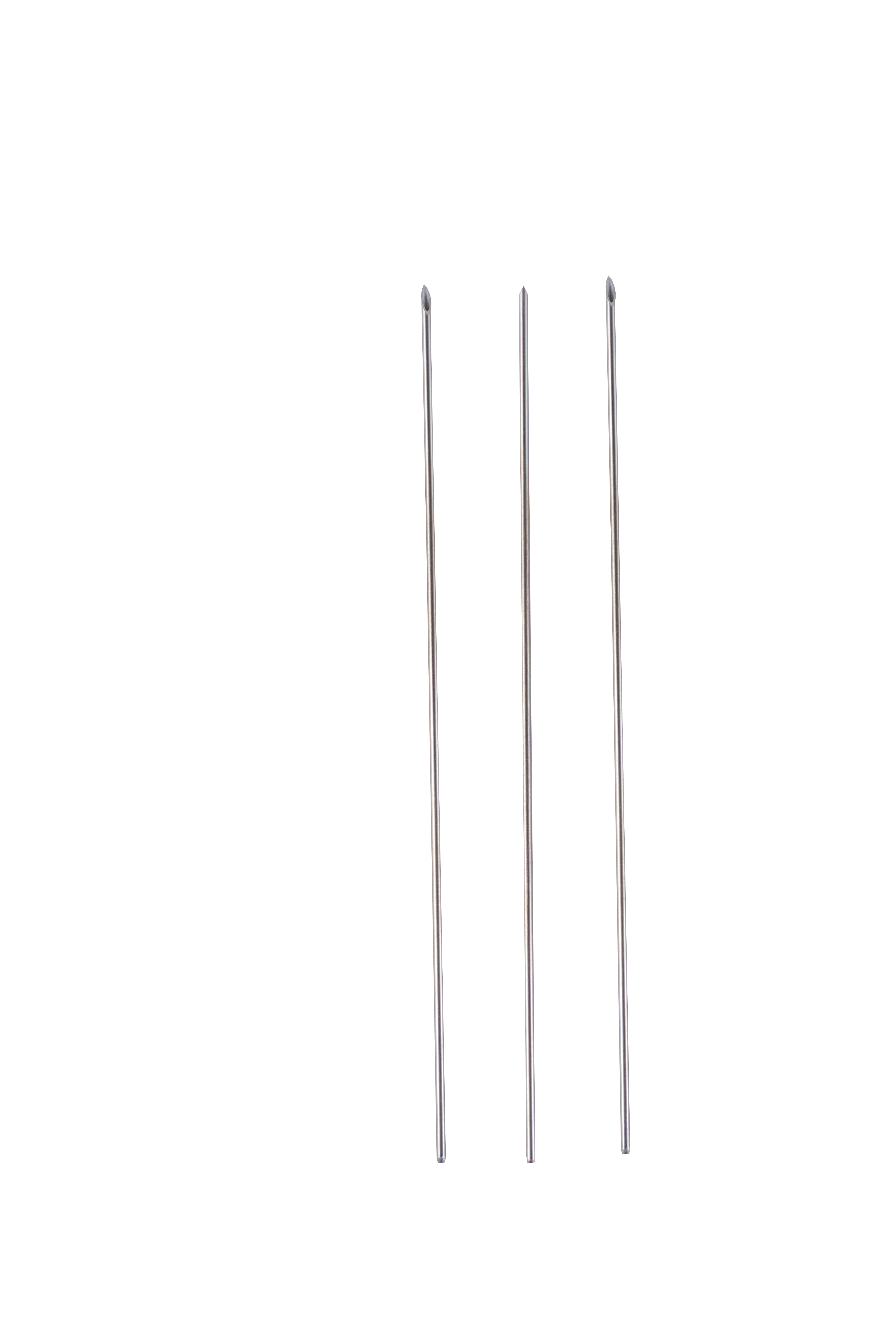+86-0577-86858771
In the ever-evolving landscape of industrial and medical tools, precision and specialization have become core requirements. For many sectors—ranging from animal healthcare to human diagnostics—the demand for reliable, purpose-built needles is increasing. This growing need has pushed manufacturers and suppliers to offer more custom solutions that match specific performance and safety criteria. Among the wide array of needle types, veterinary syringe needles, sterile disposable needles, and blood lancet needles are particularly notable for their versatility and significance in various environments.

Veterinary Syringe Needles: Tailored for Animal Care
Veterinary practices often require tools that are designed with animal-specific anatomy and treatment goals in mind. The veterinary syringe needle is one such instrument that reflects this specialized approach. Unlike standard medical needles, those intended for veterinary use are adapted for a range of species—from small domestic pets to large livestock. These needles vary in length, gauge, and bevel type, depending on whether they’re used for intramuscular injections in horses or subcutaneous vaccines in cats.
Another important consideration is the material. Veterinary syringe needles are often made from stainless steel and feature a polished surface to less tissue trauma during administration. When paired with compatible syringes, they provide a stable, easy-to-control experience for the practitioner. In field conditions, such as on farms or remote locations, robustness and ease of use are key. Therefore, many veterinary syringe needles are designed with extra durability and secure hubs to withstand rough handling without compromising their integrity.
Sterile Disposable Needles: Reducing Risk and Ensuring Compliance
In both clinical and laboratory settings, sterile disposable needles have become standard tools. Their single-use nature helps reduce the risk of cross-contamination, a critical concern in modern healthcare and research environments. These needles are manufactured under stringent cleanliness protocols, ensuring that each unit is individually packaged and sterilized.
The primary advantage of sterile disposable needles lies in their ability to meet health and safety standards while offering convenience. Since they are designed for one-time use, they eliminate the need for sterilization between procedures, saving time and resources. They're widely available in various gauges and lengths, making them adaptable to multiple applications—whether it's drawing blood, administering medication, or conducting diagnostic procedures.
Customization options are also available for institutions with specific requirements. This includes color-coded hubs for easy identification, different bevel types for smoother penetration, and compatibility with both manual and automated equipment. As healthcare and lab environments continue to emphasize hygiene and efficiency, sterile disposable needles will remain a go-to choice.
Blood Lancet Needles: Small Tools With a Vital Purpose
Blood lancet needles might be among the small tools in a diagnostic kit, but their role is vital. Designed to obtain capillary blood samples, usually from a fingertip or heel, lancets are commonly used in glucose monitoring and point-of-care testing. These needles are typically very fine and short, engineered to create a quick, shallow puncture that causes little discomfort while producing an adequate blood sample.
Many blood lancet needles today are housed in spring-loaded devices, allowing for precise control over the depth and force of the puncture. This helps reduce variability and ensures consistent sampling—particularly important in blood sugar monitoring for diabetic patients. Beyond personal use, these tools are used in clinical laboratories, pediatric care, and mobile testing units.
Customization plays a big role in their effectiveness. Options include different needle sizes, depth-control mechanisms, and safety shields that automatically retract after use. These safety features are crucial in preventing accidental needle-stick injuries, a common concern in fast-paced clinical environments.
Conclusion: Precision That Meets Purpose
As industries demand more targeted solutions, the needle manufacturing field continues to innovate and adapt. Whether it's the durable veterinary syringe needle for animal healthcare, the sterile disposable needle for clinical precision, or the blood lancet needle designed for quick and safe diagnostics—each serves a specific role shaped by end-use scenarios.
The future of industrial-grade needles lies not just in mass production but in tailored solutions that align with user needs, environmental considerations, and evolving safety standards. Customization, material integrity, and application-specific engineering will continue to guide the development of needle solutions that serve professionals across medical, veterinary, and diagnostic sectors.
Wenzhou Kangyu Medical TREATMENT
+86-0577-86858771
+86-13957709138
No. 626 Airport Avenue, Longwan District, Wenzhou City, Zhejiang Province, China
Contact Us